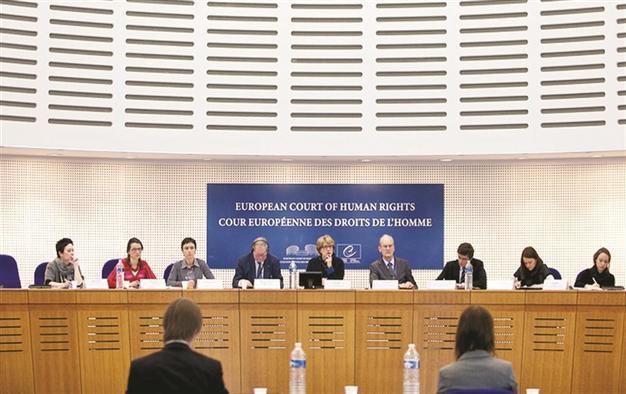Circumcision not a violation of rights, says Jagland
BRUSSELS

The resolution identifies circumcision as a violation of physical integrity. Photo by Council of Europe
The Council of Europe Secretary General Throbjorn Jangland said male circumcision did not violate human rights a week after the institution’s Parliamentary Assembly passed a resolution which defined male circumcision as a violation of the physical integrity of children.
Jagland’s take on the issue was made clear by a tweet from Daniel Holtgen, the Director of Communications at the Council of Europe, which quoted Jagland saying, “Female genital mutilation violates human rights. Male circumcision does not.”
The resolution has become a controversial issue ever since its announcement, drawing reactions from both the Muslim and Jewish communities alike. Israel has called the resolution “racist” and “anti-religious.”
‘Exceptionally wrong’Turkish Deputy Prime Minister Bekir Bozdağ said the decision was “exceptionally wrong” and that governments and parliaments should stay away from issues concerning people’s faiths.
The resolution calls for European states to “promote further awareness in their societies of the potential risks of some of these procedures,” which the assembly lists as the circumcision of boys, early childhood interventions in the case of intersexual children and the coercion of children into piercings, tattoos or plastic surgery.
The assembly said though such practices are projected as beneficial to children, they often fail to be so.
The resolution further states that member states should “clearly define the medical, sanitary and other conditions to be ensured for practices such as the non-medically justified circumcision of young boys” and adopt legal provision that would prevent the carrying out of certain operations before a child is old enough to consent.
Marlene Rupprecht, the rapporteur behind the resolution, however, claimed the text did not aim to “stigmatize any religious community or its practices.”
“On the contrary, the assembly calls for public debate, including inter-cultural and inter-religious dialogue, aimed at reaching a wide consensus on the rights of children to protection against violations of their physical integrity,” Rupprecht said, according to Council of Europe’s website.
